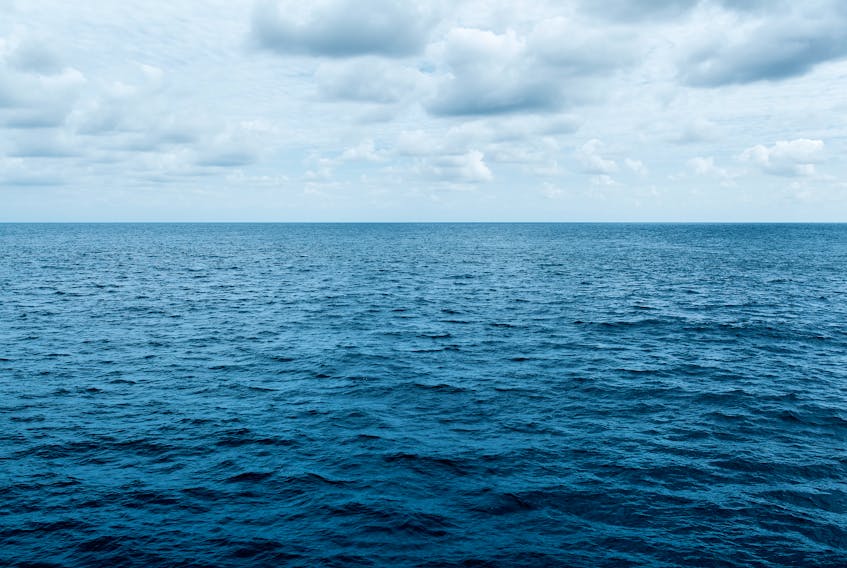How many canaries does your coal mine need?
The language of science is sometimes achingly dry: you get the feeling that, behind the strictures of evidence-based, careful, unimpeachable writing, there just might be a group of frustrated folks who, after a few beers, might cut loose and start raging about how people just aren’t paying attention.
Consider the lowly pollock.
Or, at least, consider the most recent federal science on pollock.
You might call it the Rodney Dangerfield of whitefish: pollock is best known for being disguised as something else. Heavily processed and essentially reinvented, it’s been one of the basic ingredients in imitation crab meat.
Pollock like certain water conditions, and certain foods: they need water temperatures to reach a certain level to be able to breed successfully. And, off the Atlantic coast, the top of their range is south of Newfoundland, in a fishing zone called 3PS. The stock isn’t in great shape — it’s been under moratorium for years.
That’s not likely to change: that’s the fact of not many fish, on the outer limit of their current range.
Something else that’s not likely to change is a much larger issue, though. It’s tucked away in the small print of the 3PS pollock report, almost like those last few hidden assemblies of letters in the Seek-A-Word.
See if you can find it: “Reductions in standing stocks of phytoplankton and zooplankton observed in recent years indicate changes in the structure of the ecosystem and lower productivity conditions that may influence higher trophic levels.”
Did you see the important message? “Changes in the structure of the ecosystem.”
In case it was too carefully hidden, the scientists repeated it in the next paragraph: “The overall biomass of the fish community in 3Ps has been relatively stable since the mid-1990s, but there were clear internal changes in the fish community with signals of reduced productivity in the 2010s. Ongoing warming trends, together with an increased dominance of warm water species and reduced fish sizes across many fish functional groups, indicate that this ecosystem is undergoing structural changes. The ecosystem still remains under reduced productivity conditions.”
The Atlantic Ocean is huge. It does not turn on a dime.
Yet, it is changing, and significant, measurable ecological changes are happening throughout the species that live, and used to thrive, in it.
Language like that crops up in scientific fisheries report after scientific fisheries report, the tone gentle, flat and objective, but the meaning clear enough if you’re willing to pay attention. Fish species that used to be successful in one part of the Atlantic Ocean are moving north, or just plain dying out.
Hear that gentle knocking sound? It’s legions of scientists, banging their heads against a giant wall. Find a few, buy them a beer, and let them cut loose. It will be an education.









